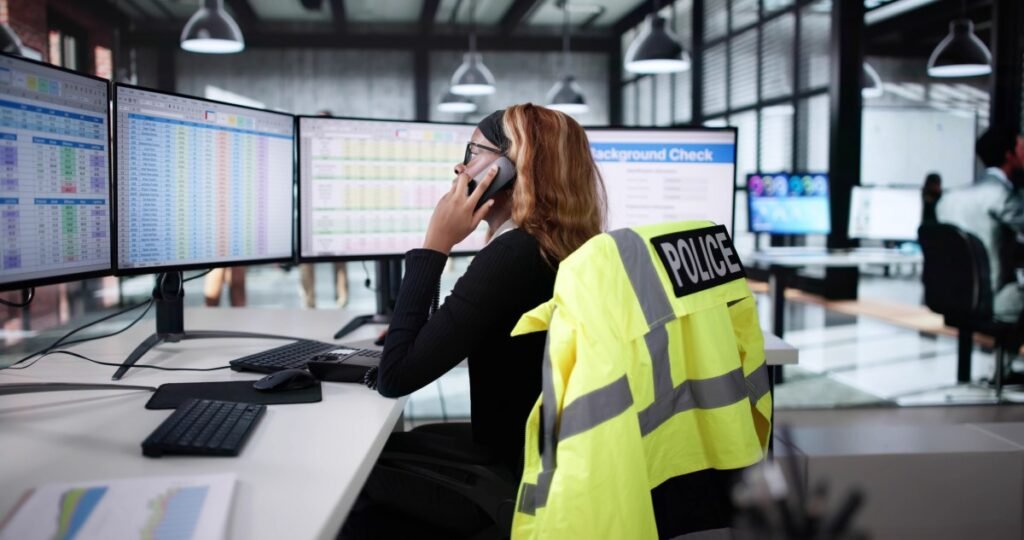When Max Keenan joined Y Combinator’s summer 2022 batch, he was working on Aurelian, a company that automated appointment bookings for hair salons. But less than a year later, a conversation with one of his clients led him to a far more significant problem.
A nearby school’s carpool line was constantly blocking the parking lot of one of Aurelian’s hair salon clients. The salon owner called the city’s non-emergency line and was put on hold for 45 minutes before reaching a dispatcher. “She called me into her office afterwards, and was like, ‘Max, do you want to help me out?’” Keenan told TechCrunch.
When he started to research how municipal non-emergency response call centers work, he discovered that they are often handled by the same people who are answering actual 911 emergencies.
Aurelian pivoted to building an AI voice assistant that helps 911 call centers offload non-emergency call volume. The company announced on Wednesday that it raised a $14 million Series A led by NEA.
The company’s AI voice agent is designed to triage non-urgent issues like noise complaints, parking violations, and even stolen wallet reports — situations that don’t need an officer’s immediate response or can be handled without dispatching personnel to the scene.
Aurelian’s AI is trained to recognize a real emergency and immediately transfer those calls to a human dispatcher, Keenan said. In other situations, the system collects key information and either creates a report for or relays the details directly to the police department for follow-up action.
Since launching its AI assistant in May 2024, Aurelian has been deployed at more than a dozen 911 dispatch centers, including those serving Snohomish County, Washington; Chattanooga, Tennessee; and Kalamazoo, Michigan.
Techcrunch event
San Francisco
|
October 27-29, 2025
Emergency call centers are adopting Aurelian largely because they are consistently understaffed — a direct result of dispatching being a high-pressure job that ranks among the top 10 industries with the highest turnover rates. Emergency dispatchers are often asked to work overtime, with reports of 12- to 16-hour workdays in certain counties.
“The reason why we’re most focused on 911 is because it’s the industry that has this pain point most acutely,” Keenan said. “We think that these telecommunicators should have a chance of taking a break or go to the bathroom.”
Mustafa Neemuchwala, a partner at NEA, said, “One of the things that blows my mind, you’re not replacing an existing human being, you’re replacing a person they wanted to hire but couldn’t.”
Aurelian isn’t the only AI startup tackling non-emergency calls. Hyper, which raised a $6.3 million seed round, came out of stealth last month. Prepared, a company founded in 2019, also recently added an AI voice solution for emergency response.
But Aurelian believes its product is ahead of the competition. According to Neemuchwala, Aurelian is the only company actually deployed and handling live calls. “As far as we know, nobody else is actually live,” he said, referring to competitors responding to thousands of actual calls daily.


